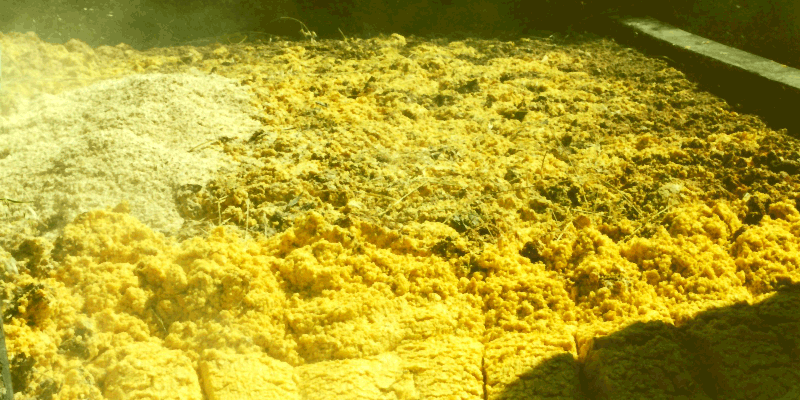Descripción
Raw bergamot fibers (Pastazzo) are a byproduct of the food processing industry made up of waste from the bergamot fruits after they have been squeezed.
They have various uses, the most well-known of which are organic fertilization of soils, livestock feed, and extraction of pectin, a naturally occurring polysaccharide thickener found in fruit and widely used in jam production.
It can be used fresh or dried, after pressing, a process that reduces storage and transportation costs.
In recent years, thanks to scientific progress, citrus fibers have also been used as biomass for the production of electricity, for example, in the Piana di Gioia Tauro.
Composition:
From a chemical-physical point of view, Pastazzo is made up of residues of peel (60-75%), pulp (30-35%), and seeds (0-9% on average but depends on the quality of oranges and lemons subjected to processing).
Citrus Pastazzo is mainly composed of insoluble carbohydrates such as pectin and cellulose, sugars, acids, especially citric and malic, lipids such as oleic, linoleic, and palmitic acid, minerals such as calcium and potassium, essential oils, flavonoids, carotenoids, and limonoids, enzymes, complex B and C vitamins.
Possible food uses as an alternative to fats:
In addition to the agricultural uses mentioned and its use as fuel for the production of bioethanol and biogas, citrus Pastazzo could also find application in the food sector.
Recent scientific research is in fact studying and proposing the use of Pastazzo as an alternative for human food to food fats such as palm oil (used in the preparation of various baked goods) thanks to a dried fiber that is extracted from the citrus waste.
By grinding and drying the fiber, a flour is obtained that has the characteristics of food fibers and a great power of water absorption, for a «sponge effect» that would allow this flour to partially replace the food fats present in snacks and other baked goods.






Valoraciones
No hay valoraciones aún.